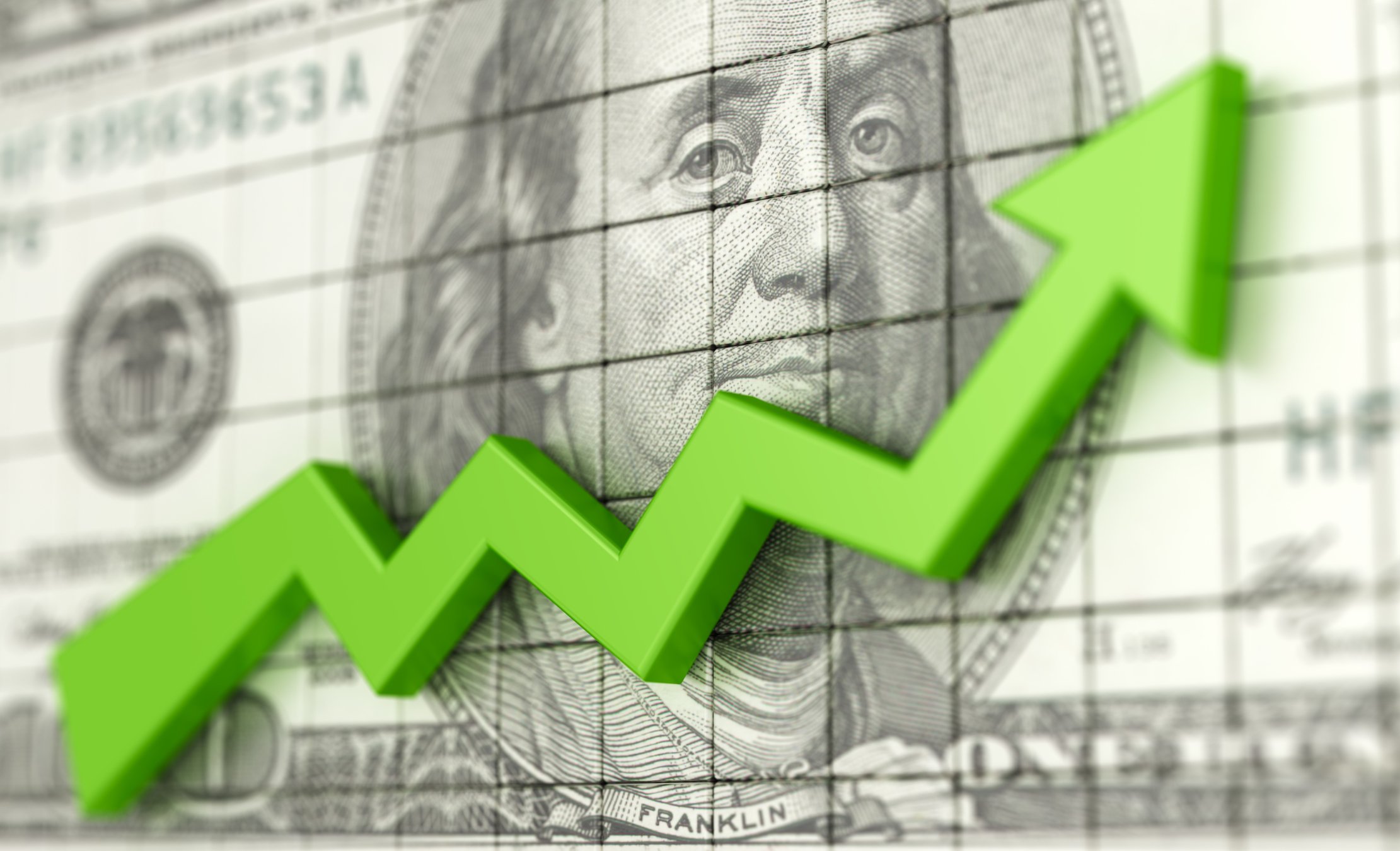Get risk capital - from cash needs to 20 million in the account
When you read about the companies that received venture capital in the media, they always seem to go so easily. However, the reality is different, it turns out.
Is venture capital the easy way to make a company grow quickly? The attractive thing, of course, is that the money means that you don't have to have the same patience or profitability as when you grow in a normal way. The problem is that it takes both patience and time to find venture capital, and that the path to the money is anything but straight.
Sofia Svantesson is the CEO of Elsa Science , an app company that she pitches that they "want to contribute to fewer people getting chronic disease, but that those who still get it and live with it should have as healthy a life as possible and feel as well as possible".
In episode 9 of our entrepreneurial podcast " The next step ", she shares with us how it goes, from the first realization that you need money, via a really bad pitch deck, via angel investors and finally to the big money. In addition, we get to hear the other side as well: what co-founders, angel investors and venture capitalists thought and reacted to Svantesson's pitch.
Since entrepreneurs rarely have enough money to finance their own business, the issue of venture capital is not so much about letting go of control, but about giving your idea a better breeding ground. "If you don't have [capital], you either have to bootstrap hard and be a group that is prepared to work without compensation for several years. [...] Or you need to bring in venture capital to be able to work faster and maybe have the opportunity to find a team that can actually afford to invest in this.” explains Svantesson.
When she and her co-founders realized they needed venture capital, they started by turning to angel investors. "It's about maintaining control as long as possible. The angels invest quite small sums and do not require control in companies, but they are there and support with knowledge, advice, networking and other things.”
Something that anyone looking to raise money needs is a pitch deck, a presentation that captures the attention of investors. You must describe the problem, your solution and why your solution is unique. So: what are your "unfair advantages" that people talk about and what is your vision? What opportunities do you have to create impact and what opportunities do you have to make money?” says Svantesson. But it's not just the descriptions that can be a challenge, but the scope. "That should be done as briefly and concisely as possible. It is not that difficult to write a thesis of 30 pages. It's much harder to do in seven pages.”
This is something that Sofia Svantesson has learned now. In the episode, you will hear more about some of the mistakes she made and how they were perceived by both angel investors and venture capitalists she met during the journey.
As an entrepreneur, you must also be able to answer how much money you need. Svantesson gives examples of some of the questions that form the basis of the sum: "You need to have a decent picture of how you are going to make money, and when do you start doing it? Are you making any money at all in the next 18 months or will the venture capital last for 18 months? And what are you going to build? How many resources do you need for that, and what will it cost? In the beginning, it's very much about salaries and possibly a little rent, so it's important to have a reasonable picture of it and then look at what. And what does it cost to run this for 12 - 18 months?”
Although everything is guesswork, the guesswork must be realistic. "I've always had way too big visions and always thought too big and always end up having to scale back and downsize and downsize." says Svantesson.
But it is clear that she has learned her lesson. Along the way, she has received the backing of business angels and in January 2020, the venture capitalists at Norrsken Venture Capital assessed that Elsa Science was promising enough to pump in 20 million to take the company to the next level. In addition to capital to grow, it also gave Elsa Science credibility that made the company one of the most hyped start-up companies in life science in Sweden.
In the episode, you hear Svantesson talk about the path to 20 million in the account , and at the same time you hear from some she met along the way about how they experienced her pitch. It gives you a broad understanding of how it actually works to acquire venture capital.
Three myths about venture capitalists
[The fact box is made in collaboration with Almi , who also sponsors the episode]
Jenny Engelfeldt assesses business ideas at Almi Invest, the venture capital company within Almi. She thinks there are many myths about venture capitalists that cause entrepreneurs to become unnecessarily stressed.
- It's not a dragon's nest. You will never meet a bunch of unapproachable venture capitalists sitting in a semi-circle in tight suits and tight ties expecting a perfect performance from you. That's just how it looks on TV. In reality, it is a meeting to get to know each other a little more through dialogue and discussion.
- The pitch deck is important, but not decisive. A well-crafted pitch deck is your ticket to a meeting, but once there, other things matter. One of the most important parameters we have is to get a feel for the team and the people behind the company.
- You get a second chance. It is far from everyone who comes to us with a perfect pitch and who has thought through all the questions. The other day, we invested in some we met a year ago for the first time. They made a great pitch then, but there were things missing that they have supplemented with now.
Listen and learn more about how to raise venture capital
In the episode, we delve even more into the subject, and you'll hear Sofia Svantesson tell more about, among other things
- the journey from an initial desire for money to 20 million in risk capital in the account .
- In addition, you will hear her arguments received. We've interviewed her co-founders, angel investors and venture capitalists and talk about what they thought of her pitch along the way.
- You can find the podcast on Spotify , Apple Podcasts , Acast , Google Podcasts + in all other podcast apps. Download episode 9 now and listen later!



Comments
Post a Comment